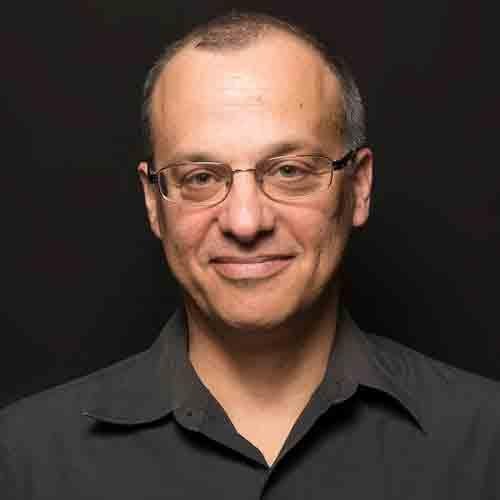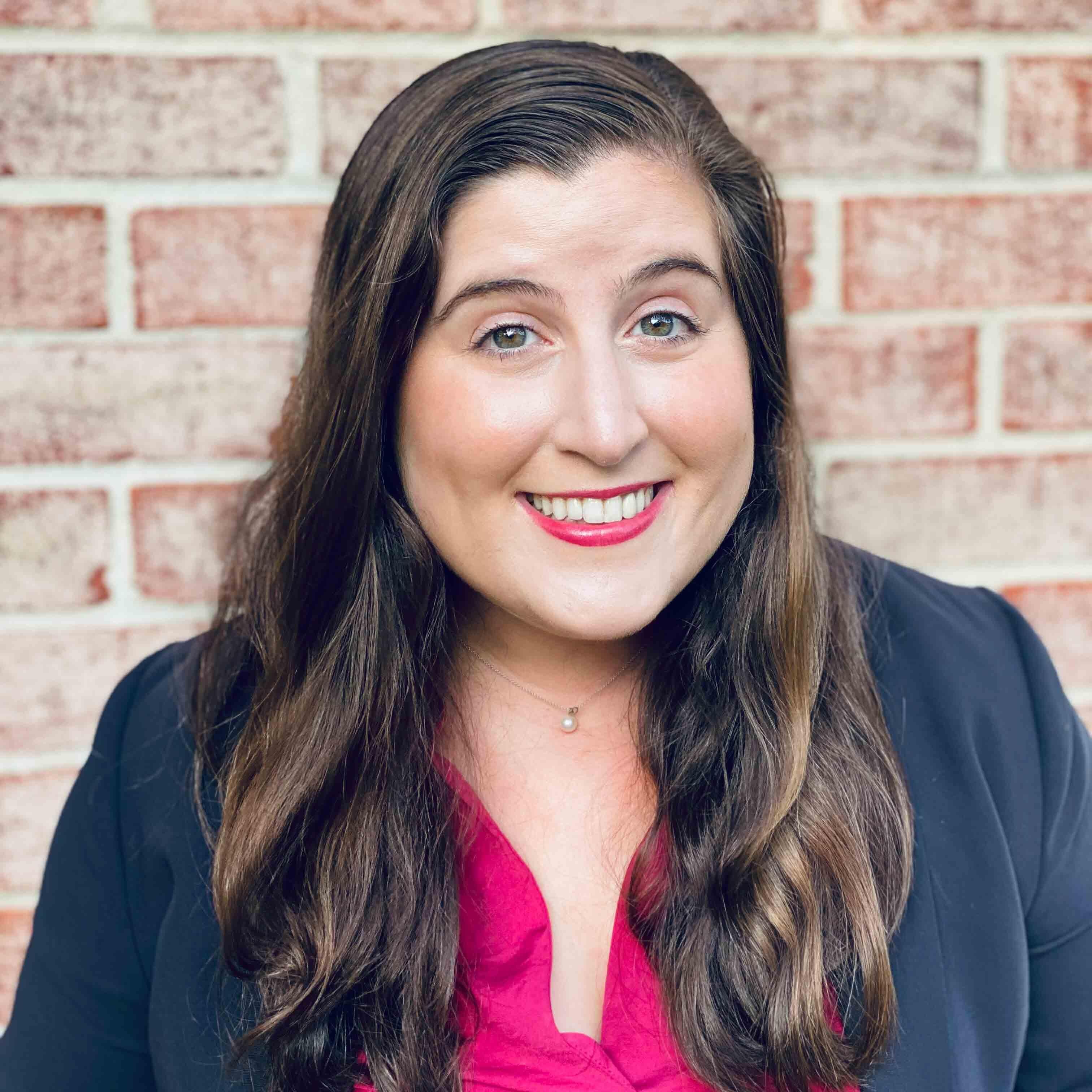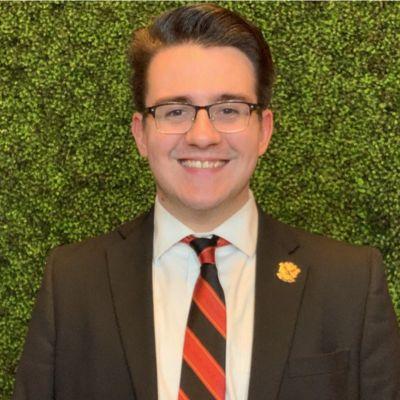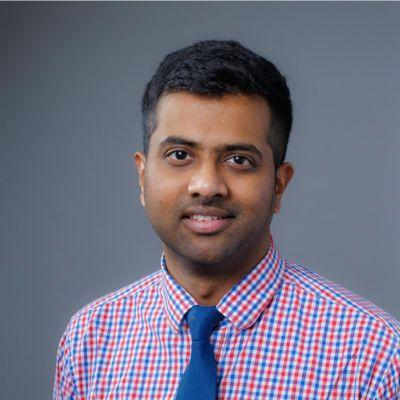Justice and Legal Thought
Analyzing the role of law to advance social justice
Introduction
Law is almost always talked about in relation to justice. Countless examples throughout history show, however, that law not only can be a catalyst for social change—but sometimes an obstacle to it as well.
Justice and Legal Thought (JLT) is an anti-racist program that examines social justice in its relationship to law. It analyzes the connections between law and social justice, challenging students to ask: “What is the right thing to do?” Along the way, students study how people collectively seek to do the right thing through social action.
Using critical thinking, legal analysis and persuasive communication, students:
- Explore the interactions between social movements and law and policy;
- Consider the means by which we can create a more socially just and robustly democratic society; and
- Critically reflect upon law and social justice in practice.
Students, who are taught by faculty in the government, philosophy and history departments as well as law faculty from University of Maryland (UMD) Carey School of Law, will gain research experience and develop important skills in argumentation and problem solving.
JLT welcomes students of all majors who believe strongly in the possibilities of creating change.
Colloquium and Lecture Topics
- What is law? What is social justice?
- To what extent does law advance or impede justice?
- How do substantive law, procedural law, constitutional law and international law interact to promote or compromise social justice?
- What can students do to advance social justice?
My JLT courses on philosophy, social justice and theory taught me the historical and modern context of the criminal justice system. My education from my majors would not have been nearly as colorful and complex if I had not taken JLT courses in complement.
Other Learning Opportunities
UMD's location near Annapolis, Baltimore and Washington, DC, provides unique opportunities for students to investigate justice as it pertains to real-world situations. Students have the opportunity to:
- Take field trips to court rooms, law schools, Smithsonian institutions and the Kennedy Center;
- Participate in dialogue and restorative justice trainings with on- and off-campus partners;
- Volunteer with local and international nonprofits to assist local refugee families; and
- Enjoy access to special events and lectures and networking opportunities with law school faculty through JLT’s close relationship with the MLaw Programs, UMD’s undergraduate law programming.
Students further engage in service-learning experiences and law-related internships of their choice for the practicum requirement. Past JLT students have interned for:
- Members of Congress and the Maryland General Assembly;
- The Office of the Public Defender;
- The Pretrial Services Agency of the District of Columbia;
- The Maryland Coalition Against Sexual Assault;
- The American Civil Liberties Union; and
- Homes Not Borders.
Curriculum Overview
Over the two-year program experience (four semesters), students will complete a 3-credit supporting course that will count toward their JLT Scholars citation. In most cases, this will also fulfill General Education requirements. Note that your Scholars courses—colloquium, practicum and supporting course—will generally be in addition to any courses you take to satisfy major requirements.
The following table represents a typical two-year curriculum, but individual schedules may vary. Details about courses and requirements can be found on the JLT Citation Checklist.
| SEMESTER | COURSES | CREDITS |
|---|---|---|
| Freshman Fall | Scholars Colloquium | 1 credit |
| Justice and the Law | 3 credits | |
| Academic Writing | 3 credits | |
| 2–3 courses toward degree and major requirements (including possible supporting course) | 6–9 credits | |
| Freshman Spring | Scholars Colloquium | 1 credit |
| Law in a Just Society | 3 credits | |
| 3–4 courses toward degree and major requirements (including possible supporting course) | 9–12 credits | |
| Sophomore Fall | Scholars Colloquium | 1 credit |
| 4–5 courses toward degree and major requirements (including possible supporting course) | 12–15 credits | |
| Sophomore Spring | Scholars Practicum | 2–3 credits |
| 4–5 courses toward degree and major requirements (including possible supporting course if not already completed) | 12–15 credits |
Sponsoring College
Residence Hall
Cumberland Hall
Office Address
1121 Cumberland Hall
Office Phone
Faculty


Justine DeCamillis


Social Media Etc.
College of Behavioral and Social Sciences: International Studies and Justice & Legal Thought Scholars Support Recently Resettled Refugee Families, September 2022
The Diamondback: First-ever Refugee Day creates community for refugees, May 2022
Justice and Legal Thought News
Scholars Recognized at 2017 University Awards
Scholars students took home several top awards at the 36th University Student Leadership Awards on Sunday, May 7. University Awards recognized Maryland Medallion Society members and Byrd/Elkins Finalists who have contributed significantly to the general advancement of this university’s interests and displayed outstanding involvement and leadership in campus activities. These students are the university’s top 20 senior students; two Scholars alumni were recognized by the Maryland Medallion Society:
JLT Director Organizes Crimmigration Conference
Students and academic scholars examined the convergence of criminal defense and immigration law at the third annual Crimmigration Conference on Oct. 6-7. The Crimmigration Conference is sponsored annually by the Crimmigration Control International Net of Studies (CINETS). The first two conferences were hosted in Portugal and the Netherlands; this year, Justice and Legal Thought Scholars Director Robert Koulish organized the the 18-panel conference at the University of Maryland. Koulish remarked that he was pleased with how eager professionals were getting involved politically to change laws and policies regarding this serious issue.
